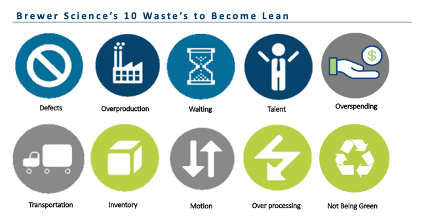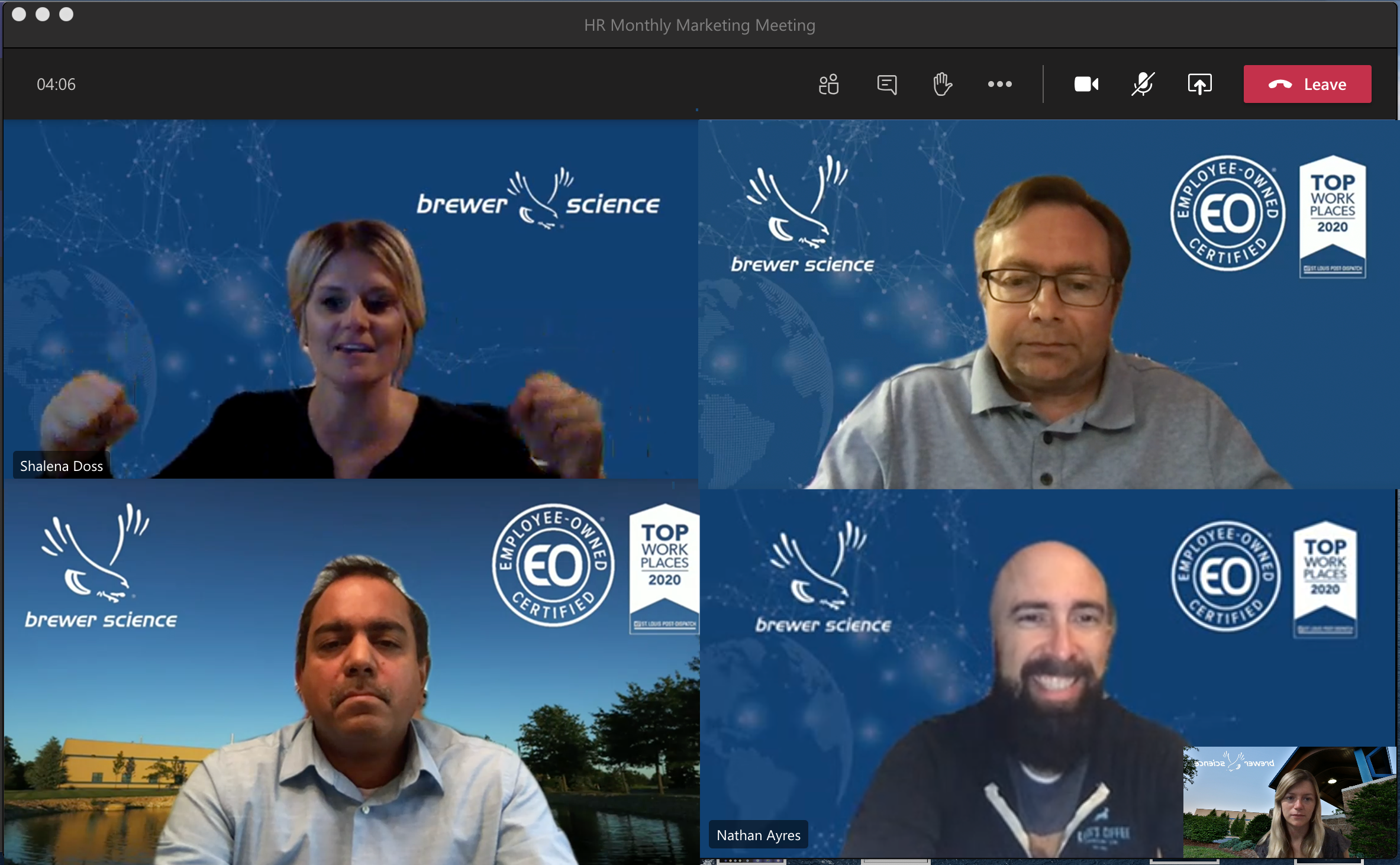“Corporate culture refers to the beliefs and behaviors that determine how a company's employees and management interact and handle outside business transactions. Often, corporate culture is implied, not expressly defined, and develops organically over time from the cumulative traits of the people the company hires. A company's culture will be reflected in its dress code, business hours, office setup, employee benefits, turnover, hiring decisions, treatment of clients, client satisfaction and every other aspect of operations.” — Investopedia
Everyone seems to understand the importance of corporate culture, even if they can’t clearly define what it means to their organization. Ninety-one percent of executives surveyed by researchers from Duke and Columbia Universities say culture is important, and more than three-quarters view it as one of the top drivers of value.[1] In fact, they view it as so important that nearly half said they would abandon an acquisition deal if the target organization’s corporate culture didn’t align with their own company’s persona.
What constitutes outstanding company culture, and why does everyone care about it so much?
Benefits of an outstanding company culture
At Brewer Science, our corporate culture is driven by the belief that creating a positive work environment for our employees and our clients is not only the right thing to do, it’s right for business, too. Plenty of experiential studies say we’re on the right track.
Companies with healthful, positive corporate cultures perform better overall, are better able to hire and retain quality people, and generate higher customer satisfaction and loyalty — all key drivers of profitability, regardless of industry. In fact, in their report, "Corporate Culture: Evidence from the Field," the Duke and Columbia researchers found that 91 percent of executives said they believe improving their company’s culture will improve its value, as well.[2] Corporate culture strongly influences value-building behaviors such as productivity, creativity, firm value and profitability, survey respondents said.
What’s more, executives even felt positive corporate culture could help companies avoid costly litigation and regulatory noncompliance; employees that care about the company they work for are less likely to commit the kind of actions that could lead a company afoul of the law.
Research by Harvard Business Review supports the strong influence company culture has on employee behaviors. “After surveying over 20,000 workers around the world, analyzing 50 major companies, conducting scores of experiments, and scouring the landscape of academic research in a range of disciplines, we came to one conclusion: Why we work determines how well we work,” wrote researchers Lindsay McGregor and Neel Doshi.[3]
Corporate culture also has the power to indirectly influence customers, the Harvard researchers found. Using the airline industry as a test sample, the researchers measured employee motivation of four airlines, compared culture with customer satisfaction and other outcomes, and concluded “an organization’s culture ... tightly predicted customer satisfaction.”[4]
Hallmarks of outstanding company culture
While positive corporate culture seems to deliver the same kind of value across different corporate structures and industries, how corporate culture looks varies from organization to organization. Consistently, researchers say, there is no “one size fits all” approach for company culture. That said, certain hallmarks do point to an outstanding company culture that benefits the company, its employees and its customers.
Company culture is expressly defined and clearly communicated.
Referring back to Investopedia’s definition of culture, you can see that corporate culture can be created in two basic ways: intentionally or through evolution. The companies with the most successful company cultures are those that clearly articulate who they want to be as an organization. These companies drive the formation of the culture, rather than allowing unguided evolution to determine their culture. They also intentionally communicate their culture to internal and external stakeholders. For example, Starbucks and Apple, two highly successful companies, have clearly articulated their corporate culture, and both are generally recognized as great places to work.
Emphasis is on positive work motivations, rather than negative ones.
Harvard researchers found that many companies renowned for their business cultures emphasize positive work motivations, such as work fulfillment, enjoyment of tasks, purposeful work and career-building potential. Human beings, it seems, are willing to work harder for positive motivations than for threats of negative consequences.
The path toward personal and company advancement is clear to everyone.
A shared vision makes it clear to all employees how their work can advance their personal career as well as the prosperity and progress of the organization. This vision acts as both a road map and incentive to encourage employees toward the company’s goals.
Leadership is savvy, engaged and inspirational.
It’s impossible to foster the kind of teamwork that leads to a great corporate culture if a “them” versus “us” mentality exists between employees and company leaders. Companies with outstanding corporate culture have leadership that understands not only the big-picture challenges of the organization, but the smaller-scale ones that affect the day-to-day lives of employees. The engagement and understanding of leadership can inspire employees to perform to the best of their abilities.
The company culture nurtures and rewards innovation at all levels of the organization.
Leading companies recognize that innovation can — and, in fact, needs to — occur at all levels of an organization, not just in the C-suite or research and development. Openness to new ideas and innovations nurtures creativity, and innovation earns recognition, rewards and implementation.
Employees are compensated fairly for what they do.
No matter how much they love what they do, no employee can afford to work for love alone. Companies with a positive corporate culture recognize that fair compensation in terms of salary and benefits is key to hiring and retaining quality people. Employees understandably draw a direct correlation between compensation and how much the company values them. Workers who feel valued are more likely to perform at their best, remain loyal to the company and stay committed to the organization’s collective vision.
Policies and practices that walk the walk.
Unsurprisingly, it isn’t enough for companies to simply articulate their vision for a positive culture. Companies with outstanding corporate cultures also implement policies and practices that support their vision of what the organization should be. This attention applies not only to customer-facing policies and practices, but to internal ones as well.
A corporation’s culture defines not only what they are, but also what they aspire to be. It’s the structure in which all the organization’s moving parts can work together toward common objectives. Shaping an outstanding corporate culture starts with leadership and intention, and succeeds through the involvement and innovation of everyone in the organization. To experience Brewer Science’s outstanding company culture firsthand, contact a Brewer Science recruiting expert at recruiting@brewerscience.com or visit Brewer Science’s latest openings at http://www.brewerscience.com/about-us/company/careers/job-postings/.
[3]
https://hbr.org/2015/11/how-company-culture-shapes-employee-motivation
[4]
https://hbr.org/2015/11/how-company-culture-shapes-employee-motivation





Subscribe to Our Blog